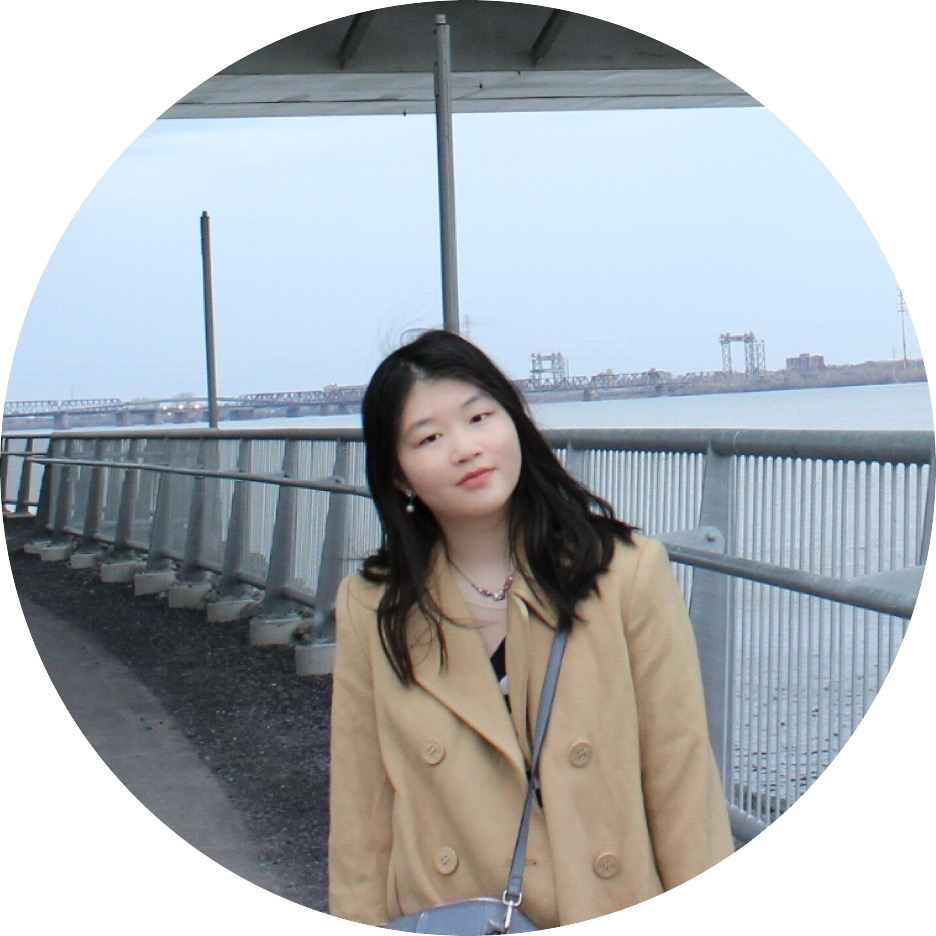The Poppy War by R.F. Kuang
Warning: spoilers ahead
Rating
4/5: ★ ★ ★ ★
Review
I had heard many good things about "The Poppy War" by R.F. Kuang and was all the more intrigued when the author described the series as "what if Mao Zedong was a teenage girl?"
From the start, we follow Rin, a dark-skinned war orphan from the southern Rooster province. To escape an arranged marriage, she studies so hard that her arms become covered in burn scars from trying to stay awake. These efforts were not in vain, for she aces the Empire-wide placement test. But upon entering Sinegard, the most elite military school in the Nikara Empire, Rin is frequently taunted by her wealthy and privileged classmates for her skin color and peasant background. Nearly everyone tells her that she isn't their equal, but Rin is determined to prove them wrong and succeeds in doing just that.
She never wanted to think about Tikany. She wanted to pretend that she'd never lived there—no, that it had never existed. Because if she could just erase her past, then she could write herself into whoever she wanted to be in the present. Student. Scholar. Soldier. Anything except who she used to be.
The first part of the book takes place at Sinegard, but in part two, we are told that the gods are very much real and that Rin possesses the gift of shamanism. A chain of events then unfolds: the Federation of Mugen declares their intent on war, Rin is assigned to an oddball division with shamanic powers, devastation ensues. I admittedly did not find the second and third parts of the book as enjoyable as the first, but that is probably because the latter was so much harder to read. I often felt frustrated with Rin's decisions as well, although it was somewhat refreshing that Kuang was not trying to depict her as a perfect girl with a few carefully selected flaws. Rin is a complex and morally gray character through and through, someone who craves power and is often fueled by anger.
I also appreciate that Kuang did not sugarcoat the violence of war. Her descriptions of what happened at Golyn Niis—rape, mutilation, infanticide, abuse, and more—made me shudder, and even more so when I realized they were based on the Rape of Nanking. Kuang also based the Federation of Mugen on Japan, the Hesperians on Westerners, and the Nikara Empire on the Qing dynasty. The Poppy Wars are a jab at the Opium Wars, and the Mugen research facility at Unit 731.
In addition to references of twentieth century China's bloody history, there are also conversations on colorism, privilege, war, religion, drug abuse, and more. Through Rin's admiring of fair skin and other character's mockery of her dark skin, I was reminded of the general Chinese preference for fairer skin—a belief that I'm told stems from generations of poor peasants who grew tanner under the sun while the rich had the luxury to stay inside.
"Power dictates acceptability," Kitay mused.
Through Rin's struggle to fit in Sinegard, I am reminded of the world today, where the rich often have the advantage of more tutors, prep workbooks, resources, and connections. Somewhat similarly, the Nikara Empire's placement test gives hope to poorer folks, but it is only meant to do just that. Through Jiang, Rin's teacher, I wondered how much lore is true and how much is born from human imagination. Even closer to home, I wondered how much of the history I had been taught is true, or if I have been manipulated to believe in half-truths that are convenient for those in power. Through Rin, I found myself questioning why the war had to be so brutal. Through Kitay, her friend, I questioned why it was even necessary. And as I witnessed Rin falling deeper into vengeance and hatred, I questioned what kind of retribution is justified.
"They were monsters!" Rin shrieked. "They were not human!"
Kitay opened his mouth. No sound came out. He closed it. When he finally spoke again, it sounded as if he was close to tears.
"Have you ever considered," he said slowly, "that that was exactly what they thought of us?"
Although pulling so many references from history does not show much of Kuang's creativity in the fantasy realm, I did enjoy all the themes she brought forth. I am not sure what other Chinese-Americans or Chinese people will think of this book, however. I personally would not recommend this book to my family because of the many triggering aspects, but I think Kuang did well in bringing awareness about these events—at least to me. I never knew about Unit 731 until this book. And although I always knew that the Rape of Nanking was horrible, I was never told just how horrible it was. While Kuang did not make these parallels subtle, they were not subtle only because I had been told about these things by my parents, not by my school. I am not sure other American readers, which this book is geared towards, would make the connection that "The Poppy War" is largely based on historical events.
In midst of all the heaviness, I found this part rather funny:
"They're Hesperians," said Qara. "They always think they're helping."

